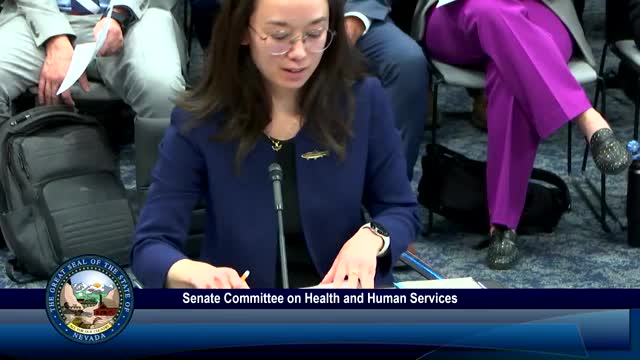Article not found
This article is no longer available. But don't worry—we've gathered other articles that discuss the same topic.
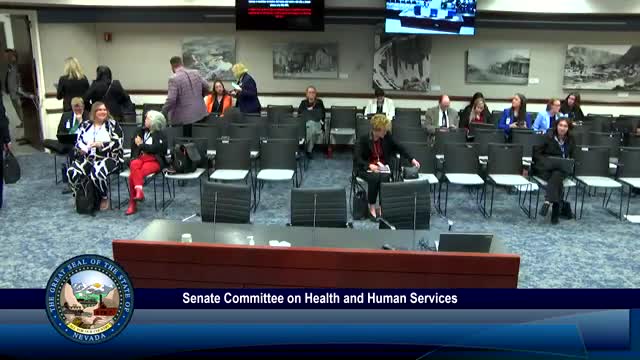
SB 295 would expand 'cottage food' rules for sidewalk vendors; vendors and immigrant‑advocates applaud while health districts and restaurants warn of safety and
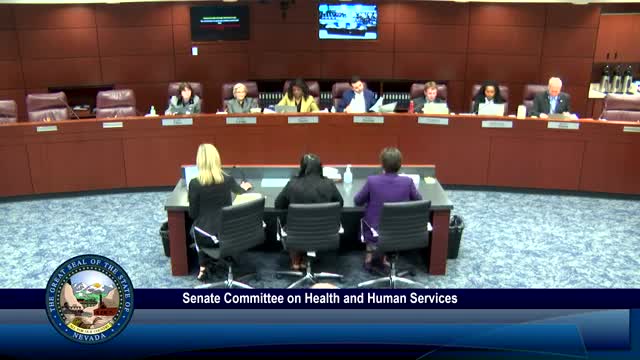
Committee hears bill to allow Medicaid reimbursement for medical respite care; Las Vegas center cites 52% housing placement rate
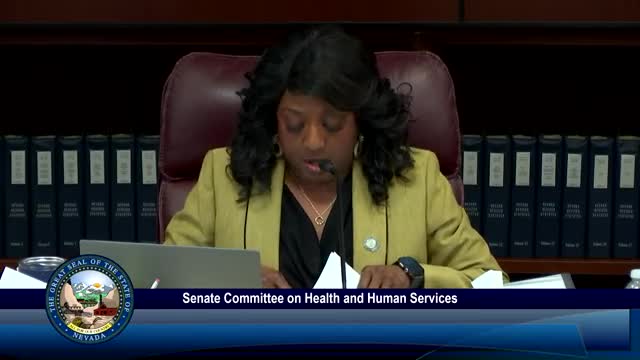
Senate hears SB 329 to add dementia training for first responders; supporters cite growing prevalence, some agencies request implementation details
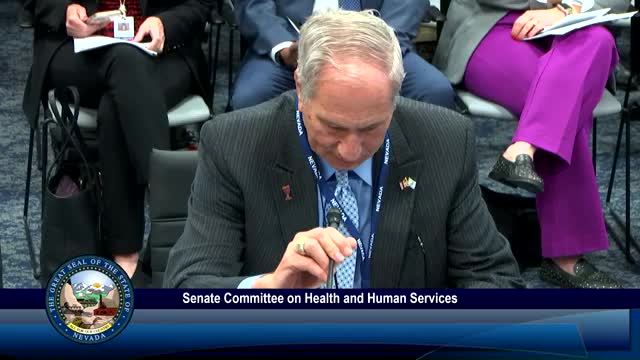
Senate committee reviews SB 149 to centralize Medicaid pharmacy benefit management; sponsors and pharmacy groups make case for single state PBM
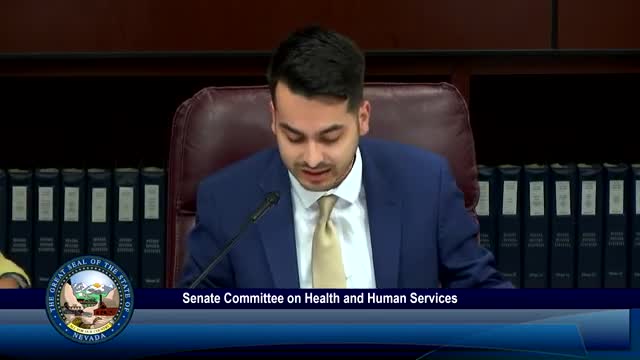
Senate committee moves graduate medical education bill forward with amendment; unanimous carry
